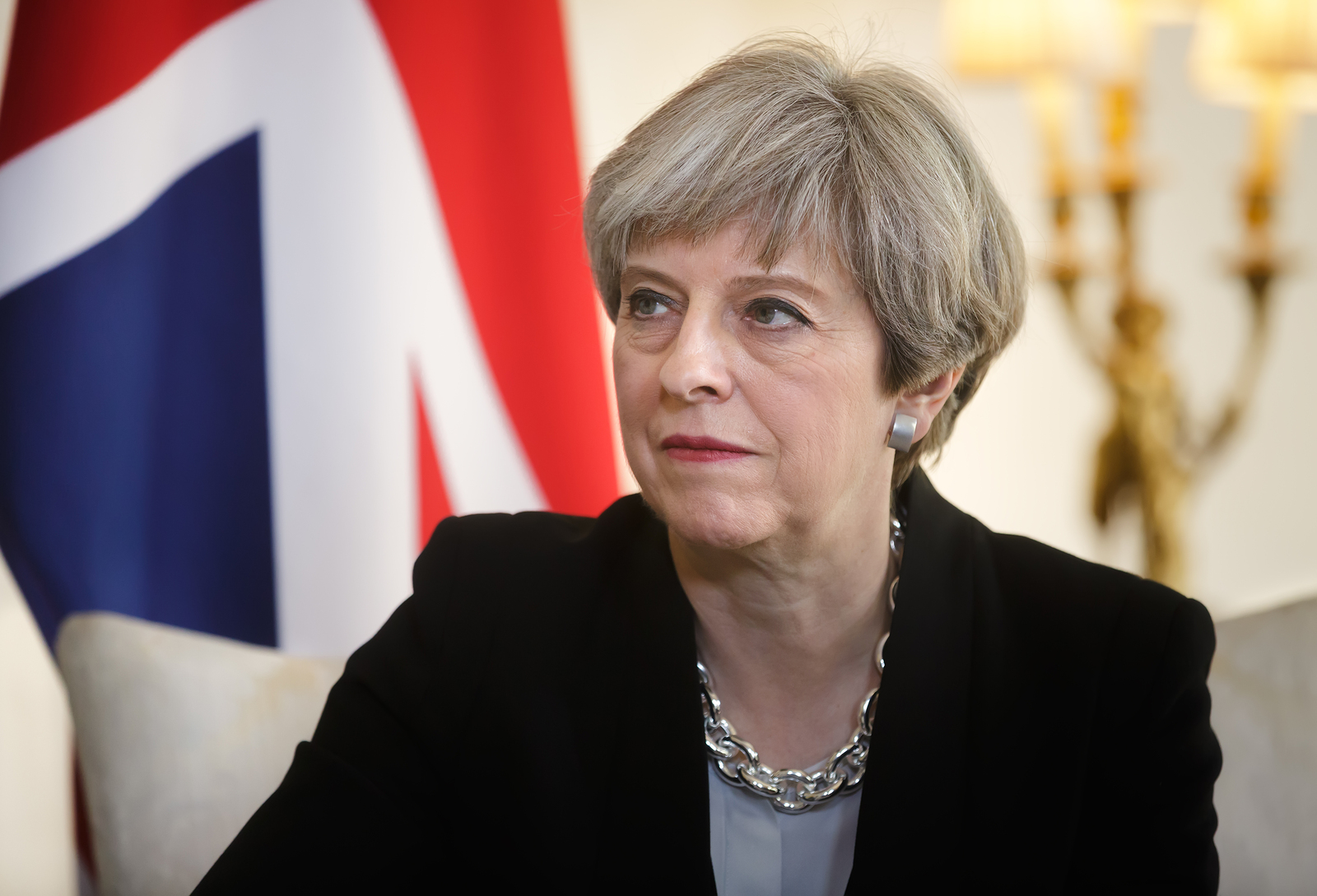As well as being another one in the eye for (most) pollsters, a perfect parable of hubris and nemesis, and further evidence that no one does a loser’s speech as brilliantly as Nick Clegg, the General Election outcome throws up intriguing possibilities for Brexit.
Theresa May’s attempt to secure a mandate to pursue her vision of Brexit has been repudiated. This was partly a function of a maladroit campaign. But it also related to the poverty of that Brexit vision. In our work on Brexit we have highlighted the counterproductive nature of some of the confrontational language deployed in connection with the Article 50 process, the manifest weakness of the Industrial Strategy, the deficiencies of the Brexit White Paper and the nearly insurmountable challenges of the Great Repeal Bill. Instead of sophisticating, improving and deepening her negotiation narrative during this so-called Brexit Election, the Prime Minister decided not to dwell on niceties and instead gave us a favourite tautology: Brexit means Brexit.
Believing that her small majority could not deliver Brexit (hard, soft, good, bad, deal-free – or frankly any) Theresa May sought improved parliamentary numbers. Many commentators cottoned onto matters of tone and the early concession of lost Single Market and Customs Union membership. Thus they and many voters interpreted her vision, in the absence of any additional detail, as hard Brexit, a route to the border control favoured by her and her (now dismissed) advisors. Instead of galvanising Leavers and pragmatists to support her, these dynamics, combined with an effective anti-austerity narrative from Labour, animated Remainers and unprecedentedly large numbers of young people in opposition to her.
The result is a lost majority, lost credibility, and apparent dependence on the socially conservative, fiscally demanding DUP cohort.
But is this all bad? Will it lead to weak and unstable leadership? Not necessarily, if May or her successor choose to be imaginative. As we have seen over the weekend, it is surely inconceivable that progressive Tories like Ruth Davidson, Anna Soubry, Ken Clarke, Nicky Morgan, Justine Greening, Greg Clark and numerous others will accept a Coalition of Chaos with the DUP founded on reactionary social policy. In practice the Government will need to cultivate wider alliances. As George Osborne said in the small hours of Friday morning, there is an overwhelming majority in the House of Commons for remaining in the Single Market and the Customs Union, and for securing the rights of EU citizens in the UK. So, as Mark Field, Tory MP for Westminster, has already argued, the smart move will be to embrace that majority and seek cross-Party support for the best possible Brexit deal. (Given their desire to keep the Irish border open, that cross-Party dimension may indeed include the DUP on occasion, since their rhetoric on Brexit and sovereignty is tempered by a more pragmatic, even soft-Brexit stance.) Aligning the negotiating strategy and the related future UK economic model with that sensible consensus was always a more compelling option than the ‘blank cheque’ presidential solution the PM offered.
To get that consensus, the Brexit White Paper should be ripped up, the feeble Industrial Strategy invigorated and the Great Repeal Bill’s priorities revisited. The Prime Minister must also drop another of her favourite slogans: No Deal is Better than a Bad Deal. This infuriates most serious economists and business leaders. Any genuinely conceivable deal, however limited, will be better than the uncertainties of becoming the sole developed-world occupant of a WTO-based limbo in relation to the EU.
The Government needs to listen to voters, listen to business, and start again.
A strong and stable cross-Party Brexit strategy would then have some chance of emerging. We think that strategy would do well to follow the suggestions in our New Economy 2020 and Beyond Report, which explicitly links a successful Article 50 process to a transformational and inclusive economic destiny.
Otherwise, it will have to be another election. And we know what Brenda of Bristol thinks of that.

